Contestable Claims
Far too often we see a significant gap between Russia-related claims, even by top officials and respected authors, and the reality on the ground. We also often encounter a wide divergence in expert views on crucial policy questions related to Russia. This section has two basic aims: (1) to dispel misconceptions that could adversely affect the quality of U.S. policy toward Russia, particularly when vital U.S. interests are involved, through rigorous fact-checking where possible and (2) to identify and debate key dilemmas for decision-makers per the adage that “truth is born in argument.”
We invite you to explore the section and send us more claims to fact-check or debate using the rectangular red button below. (For most fact-checks, we’ve adopted the "traffic light" rating system: red for incorrect; yellow for partially correct; green for correct.)
We invite you to explore the section and send us more claims to fact-check or debate using the rectangular red button below. (For most fact-checks, we’ve adopted the "traffic light" rating system: red for incorrect; yellow for partially correct; green for correct.)
Claim (in 2004, 2015 and 2017): The U.S. government supported Chechen separatism.
Partially Correct: There is no publicly available evidence that the U.S. ever provided direct material support to armed Chechen separatist groups, much less North Caucasus-based militants who have engaged in terrorist attacks. However, U.S. officials did openly meet with Ilyas Akhmadov, who represented the Chechen separatist movement and whom the Russian government described as a terrorist. In addition, former and serving U.S. government officials publicly expressed sympathy for “moderate” Chechen separatists and the separatist cause.
Read More
Share
Claim in 2019: “Real incomes [in Russia] have fallen for five of the past six years.”
Partially Correct: Of the two types of real income officially calculated in Russia for individuals, both real monetary incomes and real disposable incomes contracted in 2014-2018, according to Moscow’s Higher School of Economics. However, according to data available from Russia’s Federal State Statistics Service (Rosstat) at the time of the claim, only real disposable incomes had fallen every year from 2014 through 2018. Rosstat data published by Russia’s Ministry of Economic Development show that real monetary incomes rose in 2018, contradicting the above claim. (Fact-check done in November 2019.)
Read More
Share
Claim in 2018: 54 percent of Ukrainians now support joining NATO.
Incorrect: While one 2015 poll did show that 54 percent of Ukrainians supported joining NATO, more recent polls consistently show a lower level of support. (Fact-check done in September-December 2018.)
Read More
Share
Claim in 2018: Russia’s 2017 GDP in current U.S. dollars “is barely more than that of South Korea.”
Correct: When measured in current U.S. dollars, Russia’s 2017 GDP was only slightly larger than South Korea’s. (Fact-check done in July 2018.)
Read More
Share

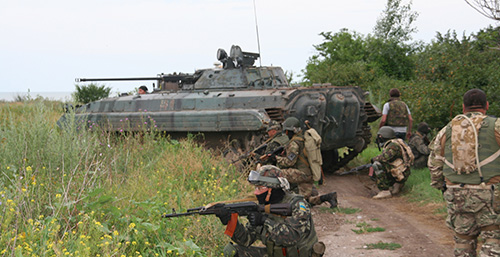
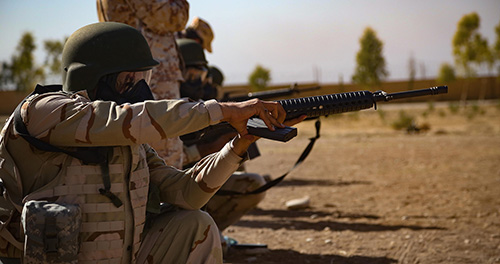 Both Russian President Vladimir Putin and U.S. President Donald Trump have suggested that ISIS has been defeated and that their respective militaries are most responsible, writes Domitilla Sagramoso, a lecturer in security and development at the Department of War Studies at King’s College London. There can be little doubt that the U.S. and its allies played a much bigger role in subduing ISIS than Russia, according to Sagramoso, but the terror group has plenty of life in it yet and any alleged victory is fragile.
Both Russian President Vladimir Putin and U.S. President Donald Trump have suggested that ISIS has been defeated and that their respective militaries are most responsible, writes Domitilla Sagramoso, a lecturer in security and development at the Department of War Studies at King’s College London. There can be little doubt that the U.S. and its allies played a much bigger role in subduing ISIS than Russia, according to Sagramoso, but the terror group has plenty of life in it yet and any alleged victory is fragile.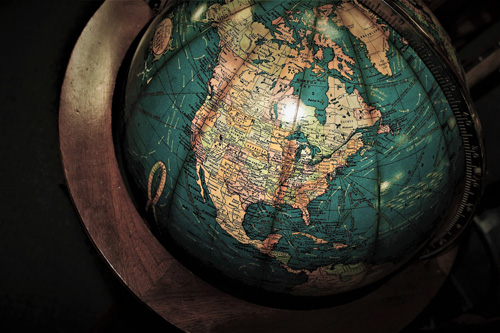 The term “‘sphere of influence’ … entered the vocabulary of diplomacy in the early 19th century,”
The term “‘sphere of influence’ … entered the vocabulary of diplomacy in the early 19th century,” 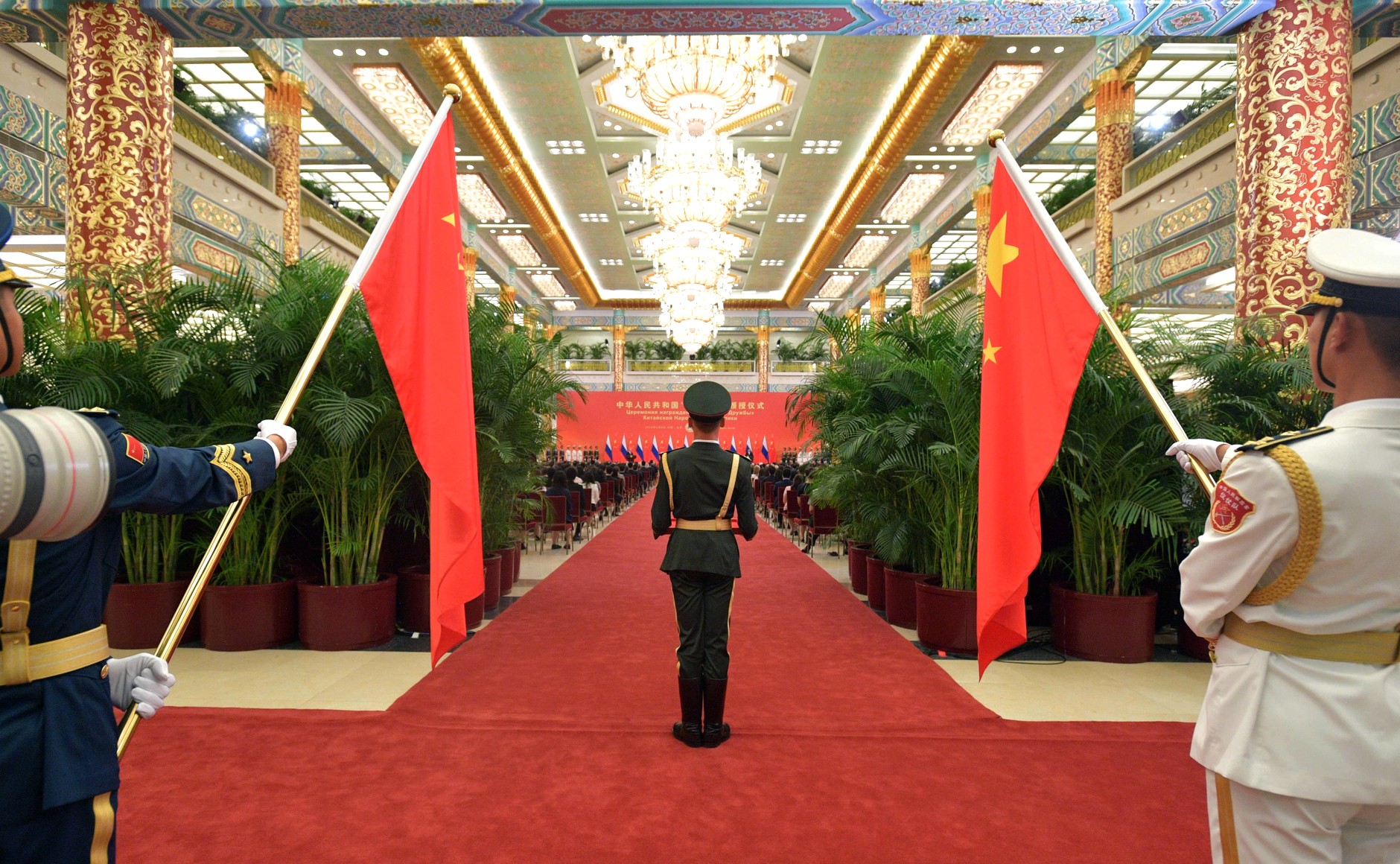
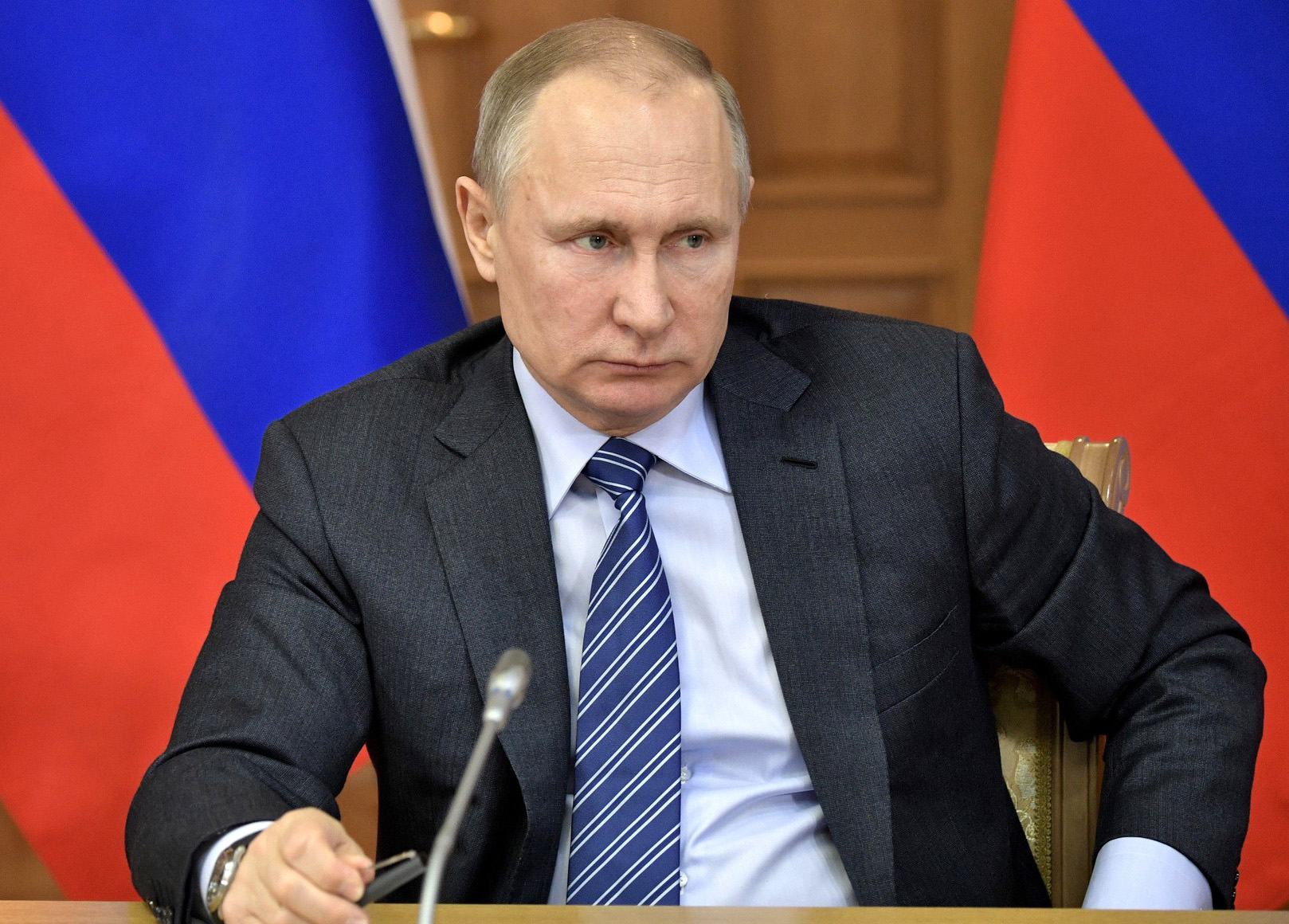 Is Vladimir Putin’s Russia rising, declining or stagnating, and compared to whom?
Is Vladimir Putin’s Russia rising, declining or stagnating, and compared to whom?